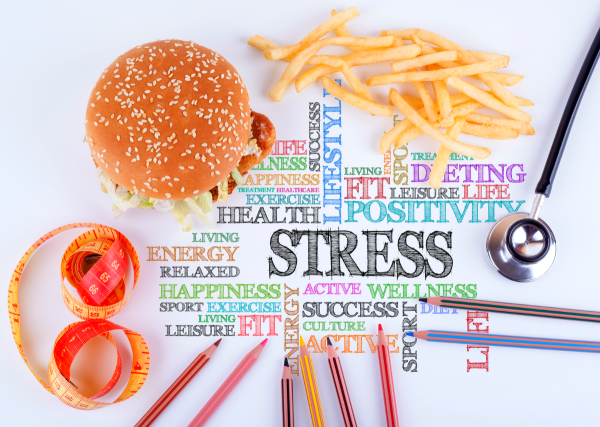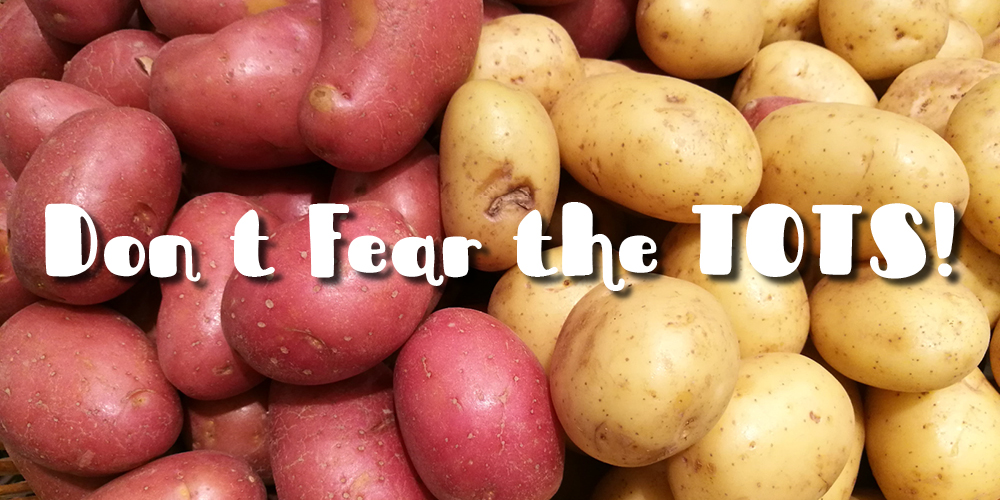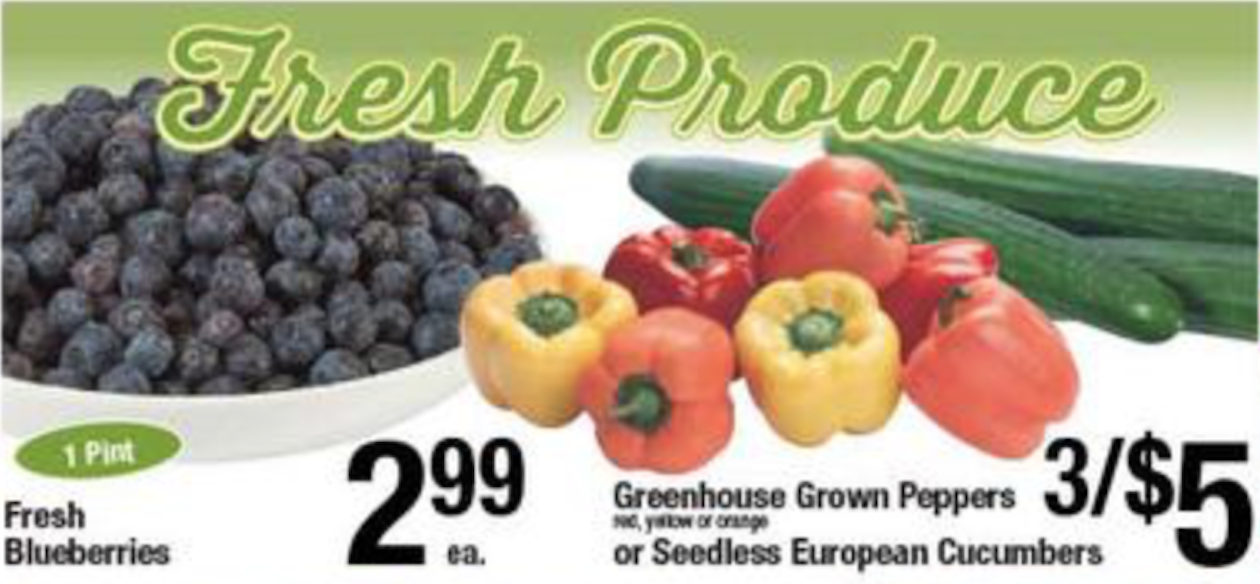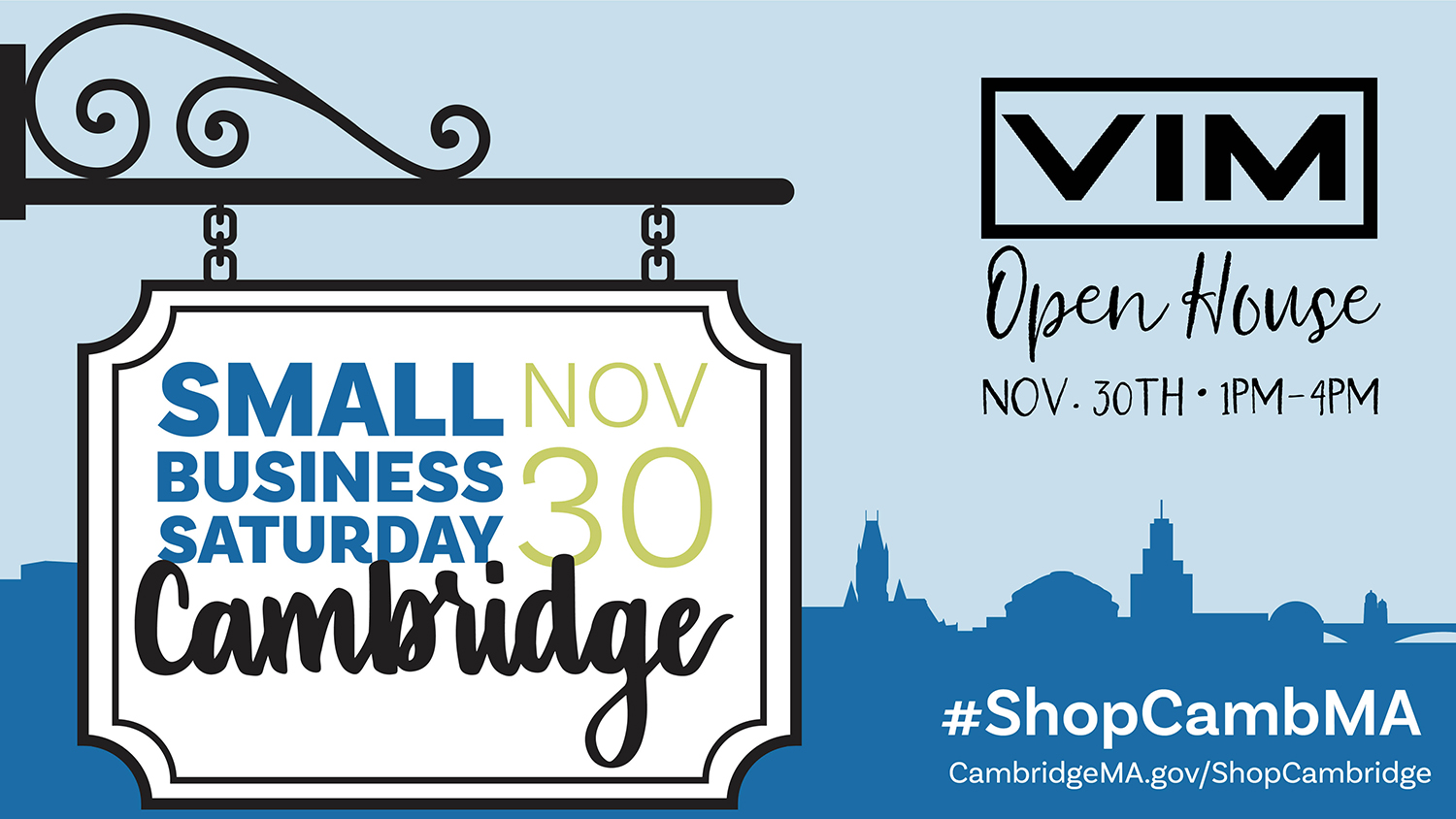Vacation is over, and the stressors of daily life are starting to return. We often reach for high-calorie or sugary foods for comfort, but junk food only doesn’t really make us feel better.
Eating healthy food—and making that a conscious choice—can actually offer some real stress relief.
 End the cycle of eating bad-for-you foods and find relief elsewhere. Instead, add these truly anti-stress foods to your diet.
End the cycle of eating bad-for-you foods and find relief elsewhere. Instead, add these truly anti-stress foods to your diet.
Nuts:
Stress depletes our B vitamin stores, which screws up neurotransmitters and that fight-or-flight hormone, adrenaline. Eating nuts helps to replenish these important B vitamins. The potassium in nuts is also key; a couple servings of potassium-packed pistachios a day can lower blood pressure and reduce the strain stress puts on our heart.
Red Peppers:
While oranges get all of the vitamin C hype, red peppers have about twice as much (95 vs. 50 mg per 1/2-cup serving). High doses of vitamin C before stress-inducing activities can lower blood pressure and increase recovery from the surge in cortisol – the “stress hormone.”
Salmon:
Omega-3 fatty acids are crucial in a stress-reducing diet. Taking a daily omega-3 supplement (containing DHA and EPA) for 12 weeks can reduce anxiety by as much as 20 percent. You won’t get the same mood boost from the omega-3s (ALA) in flax, walnuts and soy, though, so shoot for about 2 servings a week of wild salmon or other oily fish and/or talk to your doctor about DHA supplements.
Spinach:
This leafy-green veggie is rich in stress-busting magnesium. People with low magnesium levels (most of us, actually) are more likely to have elevated C-reactive protein levels—and research shows people with high CRP levels are more stressed and at a greater risk for depression. Magnesium also helps regulate cortisol and blood pressure, and since magnesium gets flushed out of the body when you’re stressed, it’s crucial to get enough. Other solid magnesium sources include beans and brown rice.
Oatmeal:
Not only does oatmeal feel warm and comforting to eat, it actually helps your brain generate the important stress-reducing neurotransmitter, serotonin. Research shows that people who avoid carbs are more stressed than their carb-loving friends. Not all carbs are created equal, though. Refined carbs (white bread, pasta, baked goods, etc) digest faster and spike blood sugar, messing with moods and stress. Complex carbs like oatmeal are digested more slowly and don’t spike blood sugar.
Dark Chocolate:
If you crave chocolate when you’re stressed, go ahead and indulge! Research shows people who eat the equivalent of an average-size candy bar (about 1.4 ounces) daily for two weeks had lower cortisol and fight-or-flight hormone levels. To reap the feel-better rewards, choose chocolate that’s at least 70 percent cocoa, or extra high in anti-inflammatory flavonoids like this locally-made chocolate bar! But remember, dark chocolate is a high-calorie food, so mind your portions.
Tea:
Research shows tea drinkers de-stressed faster and have lower cortisol levels than those who don’t drink tea. Caffeine can increase the stress response in many people, so stick to decaf and herbal teas. Herbal teas like chamomile, peppermint or ginger can be very soothing to the digestive tract, which can help with stress by calming the nervous system in your gut.

















